
As you can see, in 1930 41 million barrels of beer were produced. Taxed at 80 shillings (4 pounds) per standard barrel, this brought in the government 71 million quid. Two years later, with tax at 114 shillings per standard barrel, fewer than 18 million barrels brewed and the total revenue collected was down to 67 million pounds.
Realising their mistake, the government dropped duty back to its old level, but it was too late. Beer production remained at around 20 million barrels and government revenues were just 54 million pounds.
There's a lesson in there for governments who greedily eye beer as an easy source of cash.




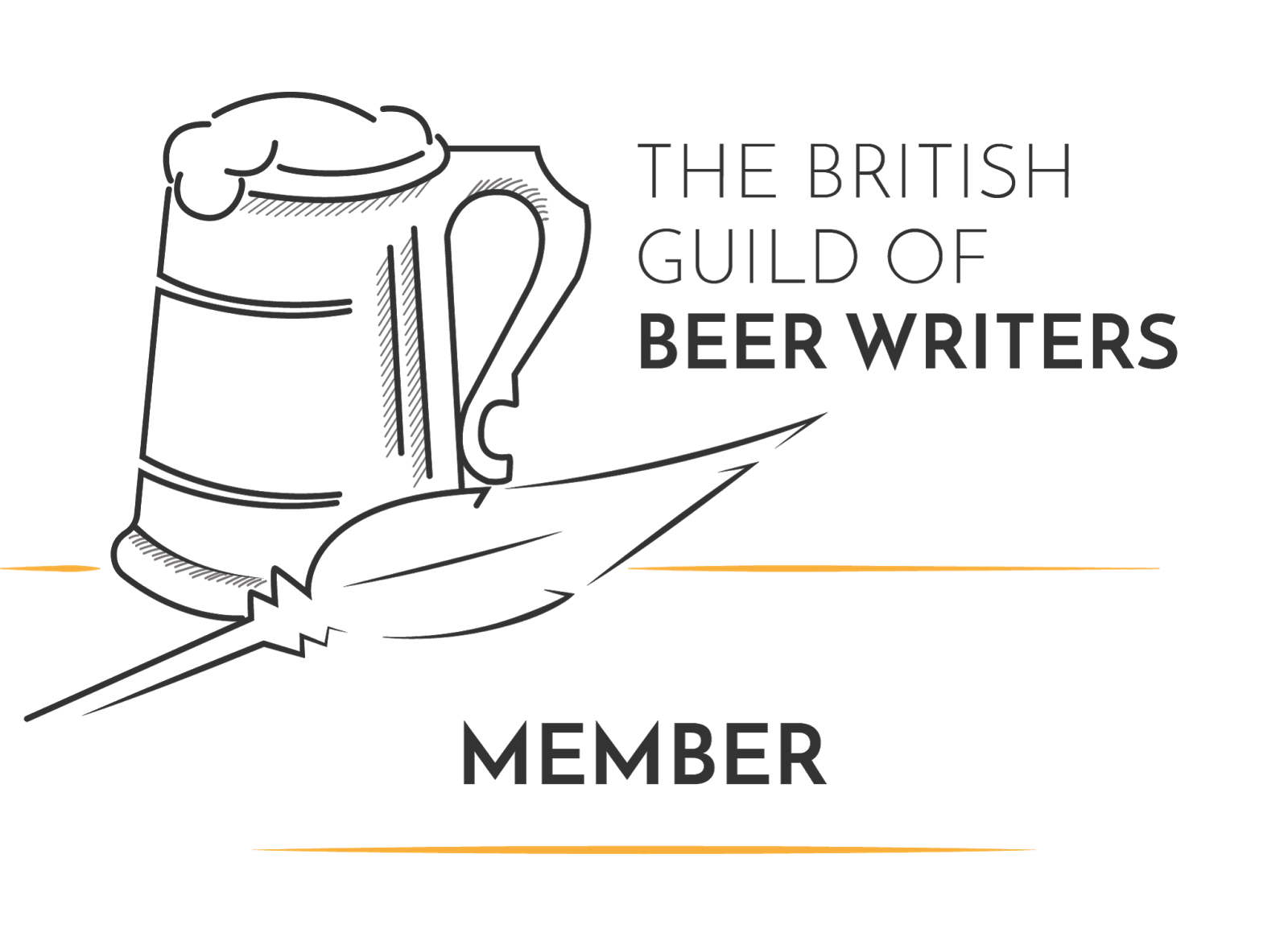









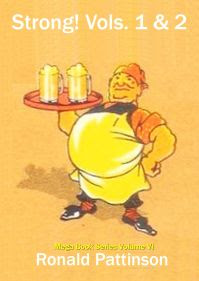


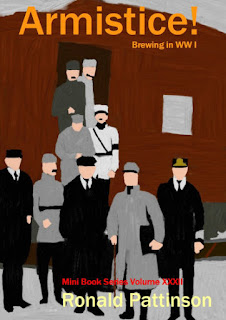





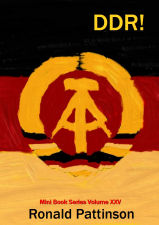


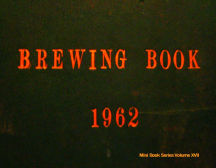
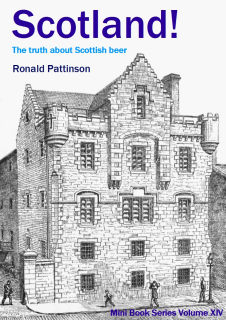
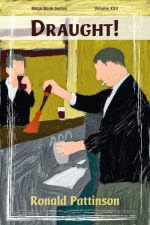









































3 comments:
And of course Governments always learn from their mistakes
It always amazes me how "little" beer duty raises, given the almighty hassle it causes brewers. A mere £3bn in the UK - which sounds a lot, but when compared to hydrocarbon oil duty of £23.6bn, collected from handful of traders, it just doesn't seem worth the trouble.
Much as I hate beer taxes, I believe you are being a bit harsh on the government of the day. Remember that the period in question is the beginning of the Great Depression. So tax revenues are falling in general, and expenses rising - the state was probably fairly desperate at this point for more revenues.
After repealing the tax, "the damage" that was done may have been due to the general economic climate as much as the tax.
Difficult to make general pronouncements - the context keeps interfering.
Post a Comment